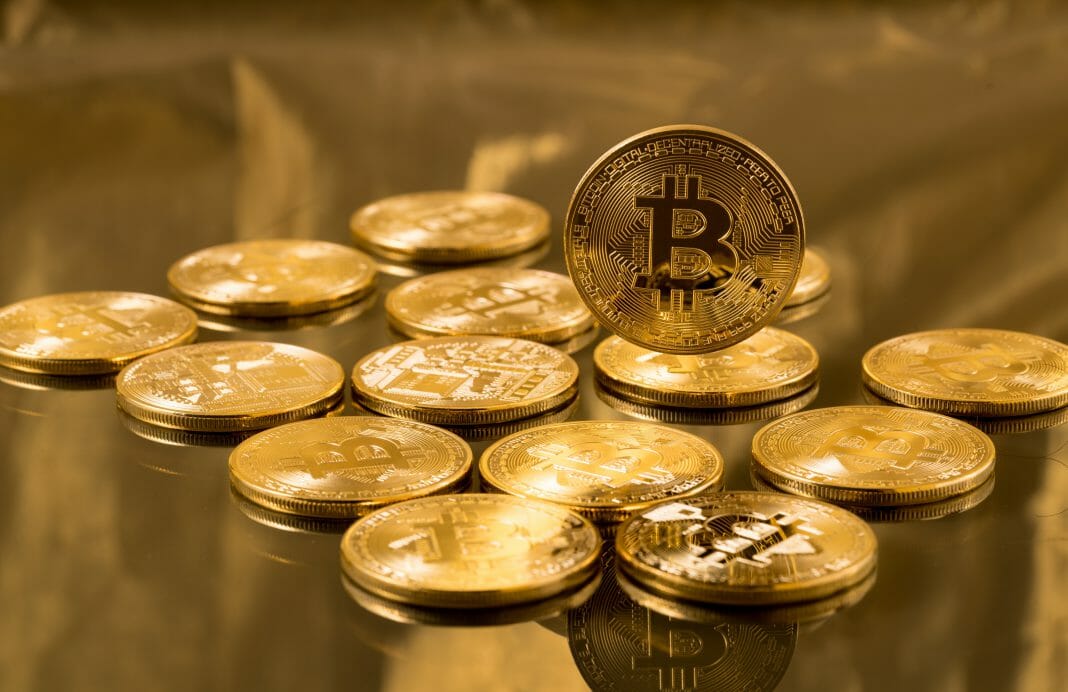The private sector has been gradually becoming hollow over time, as an entity growing within the public world. The first great historical leap of private space does not occur until western bourgeoisie becomes the protagonist.
In the past there were certainly moments of what is known as privacy, but it was necessary to wait until the development of the Enlightenment for its institutionalization. It should be remembered that it took long before the arrival of private silent reading, a behavior associated with the establishment of home as an example of the institution of privacy.
Privacy is an institution in which many basic rights and fundamental freedoms of our liberal democracies are rooted. The other great historical leap will come from the progressive extension of the concept of home, especially as a single-family home, to society as a whole. To compare, it is a good idea to return to large families of farmers, day laborers and workers living in overcrowded conditions.
Contamination of Privacy
It is important to highlight a division in which most current western citizens have grown, based on a contrast between communications. In other words, what was communicated in public could be different, in both content and form, to what was communicated in private, and vice versa.
Since they seem to be two different communicative spheres, people felt suspicious with the successive technological innovations in the communicative field. This kind of contamination of privacy by the public and of the public by privacy aroused the worst fears.
It occurred with the radio, as a captor of private wills for partisan-privatized public interests. This was expanded by television, but what might be happening today is a kind of privatization of the public-political space. That is, contents of a public nature are approached as if they were private, using the language of privacy.
Telephone Booths
Booths signified the blurred boundaries between public and private regarding telephone communication. It was a private space amid the hectic public space of the street. Despite not being heard, it could be seen through the transparency of its glass walls. Obviously, privacy was being exercised, limiting its exercise in terms of time with lines made at the door of the booth, by people awaiting their respective turns.
Initially, people had the feeling that there was an obsession to control them. On the part of the State and its armed hand in these matters, they were initially state-own telephone companies. Once Internet joins the telephone, it is already difficult to distinguish one element from the other. Other actors that appropriate the privacy built through our conversations and movements on the Net begin to enter.
Blockchain and the Right to Privacy
Blockchain allows the secrecy of messages and meanings to be maintained by those who issue them. Companies have found in blockchain not only the possibility of a more transparent relationship between entities and users, since everything is written in the Great Ledger.
Privacy is something that until now was a commodity from which a few obtained fruit, without it being known that users were exploited in their extraction. Now, users will be able to decide if they participate in that exploitation, or prefer to keep it as a right. In this second part, Blockchain has a lot to say.
By Willmen Blanco











